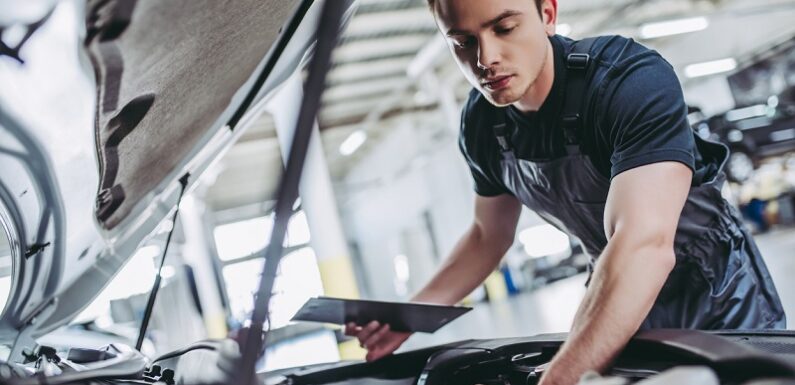
CV joints transfer power from the transmission to wheels. Specialized grease reduces friction and prevents wear continuously. Loss or degradation increases internal stress and accelerates failure. Healthy joints maintain smooth torque transfer under all driving conditions. Understanding lubrication importance improves maintenance and prolongs joint lifespan effectively. Proper care by Auto Repair in Wheat Ridge, CO preserves joint integrity and prevents unexpected breakdowns consistently. Acting promptly ensures predictable steering response and smooth driveline operation. Lubrication directly affects CV joint performance and driveline reliability consistently. Regular inspection and replenishment prevent silent deterioration and component failure reliably.
Grease Function
Grease lubricates bearings cages and races reducing friction continuously. It absorbs heat and protects surfaces from wear effectively. Lack of grease increases internal friction producing noise vibration and heat. Mechanics inspect grease condition during routine maintenance carefully and thoroughly. Proper lubrication ensures smooth rotation and predictable torque transfer consistently. Healthy joints operate quietly maintaining driveline stability and efficiency reliably. Ignoring grease degradation accelerates wear and may cause sudden joint failure. Replenishing grease preserves internal components and prolongs CV joint life. Grease is the lifeblood of CV joints under all driving conditions.
Consequences of Loss
Loss of grease produces metal to metal contact immediately and repeatedly. Bearings and cages overheat producing pitting cracks and eventual seizure quickly. Friction increases torque irregularly causing vibration clunking and reduced driveline performance. Mechanics check for grease leakage boot damage and contamination carefully. Replacing lost grease restores smooth rotation and predictable torque delivery. Healthy joints absorb road stress without producing unusual noise or binding. Ignoring grease loss accelerates wear and may cause total joint failure. Proper lubrication prevents sudden immobilization and ensures reliable driveline function. Lack of grease silently destroys joints over time if unnoticed continuously.
Boot Damage Impact
Boots protect grease and prevent contaminants from entering joints consistently. Cracked or torn boots allow grease to escape and dirt to enter. Contaminants mixed with lost grease accelerate friction and wear quickly. Mechanics inspect boot integrity and replace damaged boots during service carefully. Proper boot maintenance preserves lubrication and extends CV joint lifespan effectively. Healthy boots maintain clean grease and prevent internal binding or vibration. Ignoring boot damage accelerates wear and may cause internal joint failure. Boot condition directly affects grease retention and overall joint durability. Protecting boots preserves joint performance under all operating conditions reliably.
Conclusion
Lack of lubrication reduces CV joint performance gradually and repeatedly. Grease loss produces friction heat vibration and eventual component failure. Damaged joints reduce torque transfer and risk sudden immobilization. Early inspection prevents secondary drivetrain damage and restores smooth operation. Replenishing grease ensures consistent torque delivery and reliable vehicle control. Healthy CV joints improve handling stability and overall driveline efficiency. Detecting lubrication loss early reduces repair costs and prevents unexpected breakdowns. Proper maintenance preserves joint integrity and protects driveline performance consistently. Acting promptly guarantees smooth safe driving and long-term CV joint health reliably.

